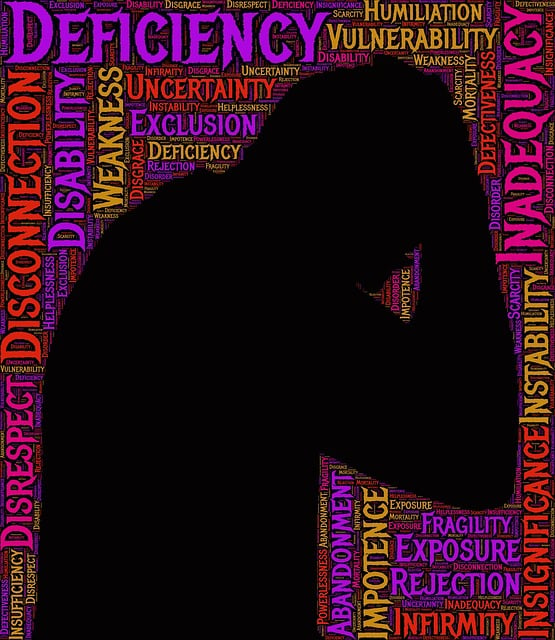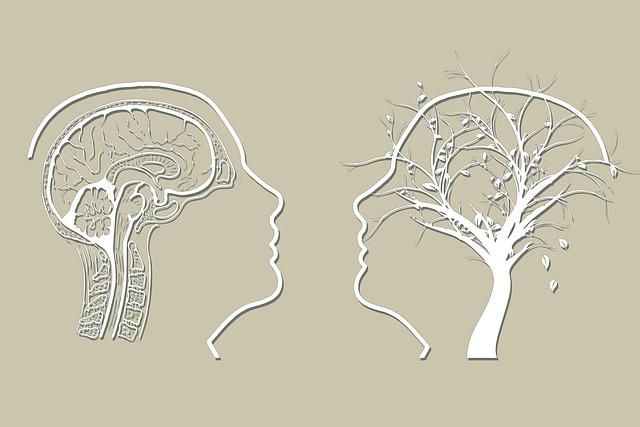Trauma and postpartum depression can deeply impact children's emotional well-being. Specialized therapy, focusing on age-appropriate activities and mental wellness coaching, is vital for trauma survivors. Similarly, tailored interventions for mothers with postpartum depression, including cultural sensitivity and evidence-based strategies, are crucial to support both mother and child. Integrating conflict resolution and self-esteem improvement techniques in therapy builds resilience and processes traumatic experiences. Tailoring support services addresses these complex issues comprehensively, promoting the mental wellness of young survivors and their families.
Trauma support services are vital in addressing the profound impact of traumatic events on individuals, especially children. This article delves into crucial aspects of trauma healing, including understanding its effects on youth and the unique challenges faced by new mothers experiencing postpartum depression. We explore effective therapy approaches for young survivors and emphasize the importance of accessible, enhanced support services for optimal recovery. Additionally, we provide insights into managing postpartum depression alongside effective therapy for children, ensuring comprehensive care.
- Understanding Trauma and Its Impact on Children
- Postpartum Depression: A Unique Challenge for Mothers
- Providing Effective Therapy for Young Survivors
- Accessing and Enhancing Support Services for Better Recovery
Understanding Trauma and Its Impact on Children

Trauma can profoundly affect children, shaping their future emotional landscape. It’s crucial to understand that trauma isn’t just a one-time event; it’s a response to experiences perceived as dangerous or overwhelming, and its effects can be long-lasting if left unaddressed. Children, due to their developing brains, may internalize these traumatic events in unique ways, leading to a range of challenges from anxiety and depression to aggression or detachment.
Support services play a vital role here, offering therapy for children exposed to trauma. Approaches such as compassion cultivation practices and emotional intelligence training have proven effective. These strategies help young individuals develop coping mechanisms, regulate their emotions, and cultivate a sense of safety. Moreover, addressing postpartum depression in parents is essential, as it can indirectly impact children’s resilience and recovery. Through tailored interventions, communities can foster healing and ensure children affected by trauma have the resources needed to thrive.
Postpartum Depression: A Unique Challenge for Mothers

Postpartum depression is a unique challenge that many new mothers face, often overshadowed by the joy of welcoming a child into the world. It’s a complex condition characterized by intense feelings of sadness, anxiety, and exhaustion, which can significantly impact a mother’s ability to care for herself and her baby. This mental health issue typically arises in the first year after childbirth and requires specialized support to manage effectively.
Mothers experiencing postpartum depression may struggle with self-awareness exercises and finding healthy coping mechanisms. Establishing a supportive network that understands their unique circumstances is vital. Cultural sensitivity in mental healthcare practice plays a significant role here, as every mother’s experience is shaped by her cultural background and personal history. Additionally, promoting self-care routine development for better mental health can empower new mothers to take proactive steps towards healing. Through tailored therapy for children affected by postpartum depression and the implementation of evidence-based strategies, support services can make a profound difference in these mothers’ lives, fostering resilience and improved well-being.
Providing Effective Therapy for Young Survivors

Supporting young survivors of trauma requires a specialized approach tailored to their unique needs. Therapy for children goes beyond traditional adult therapies; it must be child-centric, engaging, and age-appropriate. Mental wellness coaching programs development specifically for this demographic can offer a safe space for expression and healing. By incorporating conflict resolution techniques and self-esteem improvement activities, therapists can help young individuals process their experiences and build resilience.
Addressing postpartum depression is crucial in this context as it often co-occurs with traumatic events. The interconnection between maternal mental health and child development should be considered when providing therapy for children post-trauma. Tailoring support services to meet these complex needs ensures that young survivors receive comprehensive care, fostering their overall mental wellness and setting them on a path toward positive growth.
Accessing and Enhancing Support Services for Better Recovery

Accessing support services is a pivotal step for individuals dealing with trauma, especially parents experiencing postpartum depression. This period can be challenging, and seeking professional help early on significantly enhances recovery. Many communities now offer specialized therapy programs tailored for children, focusing on trauma-informed care to create safe, nurturing environments. These therapies not only address the child’s immediate needs but also equip parents with essential communication strategies and conflict resolution techniques to foster healthy relationships.
By combining evidence-based practices and emotional well-being promotion techniques, support services can be transformative. Parenting programs, for instance, teach effective coping mechanisms and provide a platform for sharing experiences, reducing feelings of isolation. Enhanced parental resilience and improved family dynamics set the stage for long-term recovery, ensuring children receive consistent care and nurturing environments necessary for their holistic development.
Trauma support services play a vital role in helping individuals, especially children, navigate and recover from challenging experiences. By understanding trauma’s profound impact on young minds, we can enhance access to effective therapy, such as specialized treatments for postpartum depression, ensuring better recovery outcomes. Accessing and enhancing these services is crucial in fostering resilience and providing the necessary support for those affected by trauma.













